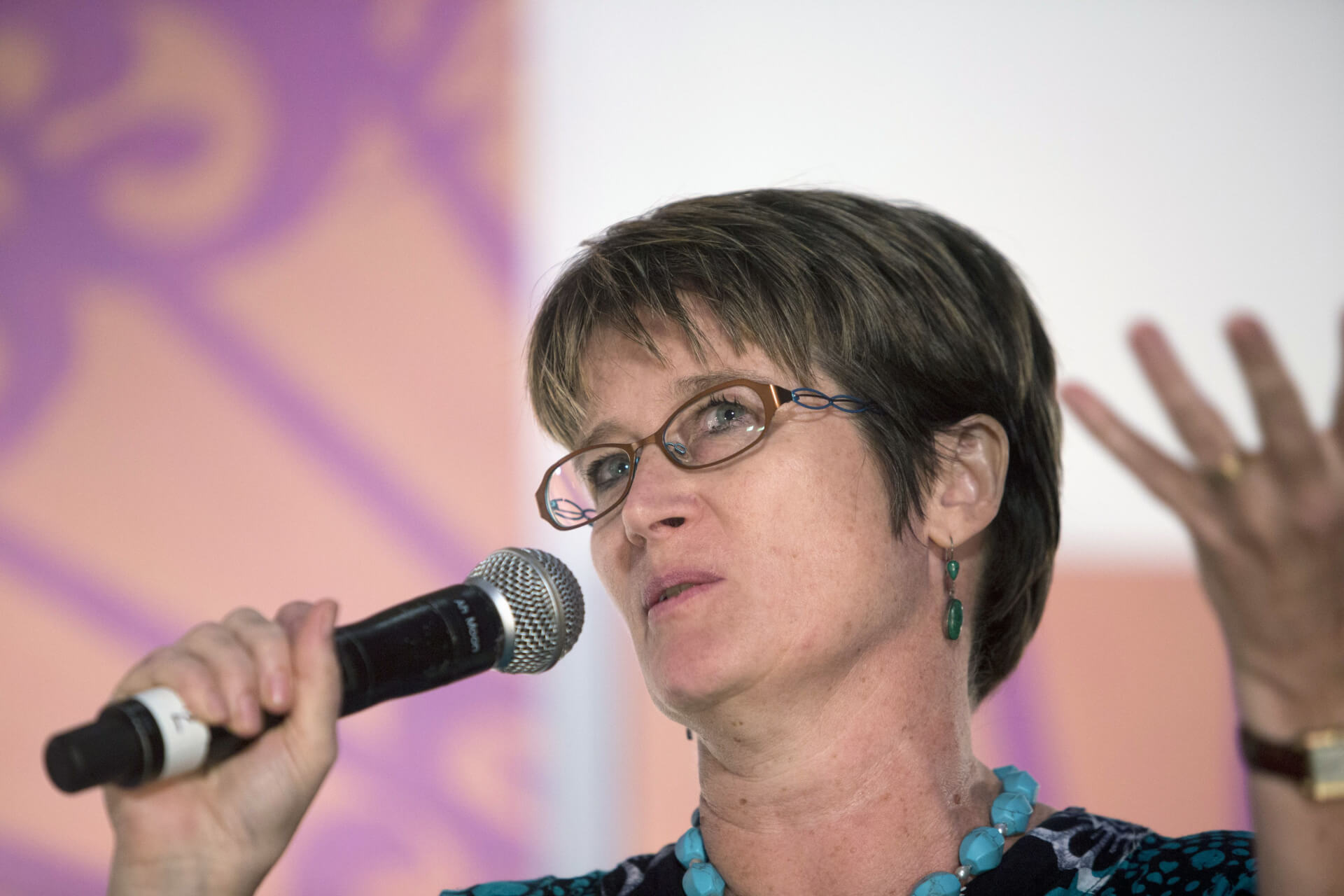Marking Victory Day on Thursday, Myanmar’s military government granted amnesty to 5,774 prisoners, including former British Ambassador Vicky Bowman, Australian economics adviser Sean Turnell, Japanese filmmaker Toru Kubota, and American botanist Kyaw Htay Oo. It also released several politicians from the now-defunct civilian government, as well as 11 local celebrities.
State media revealed that the junta had decided to release the prisoners “for the relationship with other countries and also for humanitarian purposes.”
Bowman, 56, served as the British envoy to Myanmar from 2002 to 2006 and was detained in August for one year for failing to report that she was residing at an address different from the one registered under her foreigner registration certificate. Bowman’s husband, Htein Lin, a prominent Burmese artist, was also arrested with the diplomat and is expected to be released today as well.
We welcome reports in relation to Professor Sean Turnell.
— Senator Penny Wong (@SenatorWong) November 17, 2022
Professor Turnell continues to be our first priority. As such, we will not be commenting further at this stage.
The pair had been running an organisation that reportedly “promotes ethical busines practices in Myanmar.”
Australian economist Turnell, 58, on the other hand, was working as an adviser to the country’s civilian leader Aung San Suu Kyi and was arrested shortly after the military toppled the civilian government in a power-grab last February for violating the official secrets law and immigration law. In September, both he and Suu Kyi were charged with violating the official secrets act and jailed for three years each by a closed junta court.
Suu Kyi has been charged with at least 18 offences, ranging from acceptance of bribery, sedition, possession of walkie-talkies, flouting election rules, and violating the country’s secrets act, carrying a combined maximum term of nearly 190 years. As of last month, her total prison sentence has already reached 26 years.
Meanwhile, 26-year-old Japanese filmmaker Kubota was arrested for incitement in July, after he was found filming an anti-government demonstration in Yangon. He was sentenced to jail for 10 years.
So pleased to hear of the release of political prisoners @SeanTurnell and Vicky Bowman. A great start but 1000’s more imprisoned and a country crying out for peace and democracy #WhatsHappeningInMyanmar
— Jamie Parker MP (@GreensJamieP) November 17, 2022
Government spokesperson Major General Zaw Min Tun told local media that Kubota, Turnell, and an American citizen have been released and deported.
An AFP reporter said that hopeful families had gathered outside Yangon’s Insein prison in expectation of the release of their loved ones.
The Japanese Foreign Ministry confirmed that it has been informed of the junta’s plans to release Kubota, who they said is in good health and could return home tomorrow.
In addition, Chief Cabinet Secretary Hirokazu Matsuno said, “We will continue to demand Myanmar to take specific and appropriate actions to rebuild democratic society, and to solve problems peacefully and seriously.”
Australian Foreign Minister Penny Wong, meanwhile, welcomed Turnell’s release and said she would refrain from commenting further until he returns home, as he “continues to be our first priority.”
#Myanmar #military confirms release of detained foreigners #Australian @SeanTurnell, ex-#British ambassador Vicky Bowman & her artist husband Htein Lin & #Japanese Toru Kubota. Ironically, army says this is in respecting #HumanRights & for diplomatic ties #WhatsHappeningInMyanmar https://t.co/pr1LlGZArX pic.twitter.com/hSpmjFv3s7
— May Wong (@MayWongCNA) November 17, 2022
The Assistance Association of Political Prisoners (AAPP) estimates that 13,015 people remain in detention as of Wednesday. Moreover, security forces have already killed at least 2,465 civilians since the coup, though the watchdog believes that the actual figure may be much higher.
Amnesty International’s Australia Impact Director Tim O’Connor, slammed the government for excessive arbitrary arrests.
“Thousands of people jailed since the coup in Myanmar have done nothing wrong and should never have been imprisoned in the first place,” he said.
He added that their release should not “deter international focus from the brutality of the Myanmar military’s activities since the coup in February 2021.”
“Under military rule in Myanmar, arbitrary arrests, unlawful detention and secretive, closed-door trials have become routine,” O’Connor asserted.
The shadow National Unity Government has also sought to underplay the positivity surrounding the prisoner release on Thursday, saying, “These types of hostage tactics by the junta should not fool the international community into believing that the military has changed its colours.”
Moreover, while the release of foreign detainees could be a positive step, the future remains uncertain for local prisoners. Last October, the junta re-arrested more than 100 pro-democracy activists shortly after they were released in an amnesty on humanitarian grounds. In fact, more than 1,300 of those released had been let go on the pre-condition that they sign agreements pledging not to re-offend the military government.

